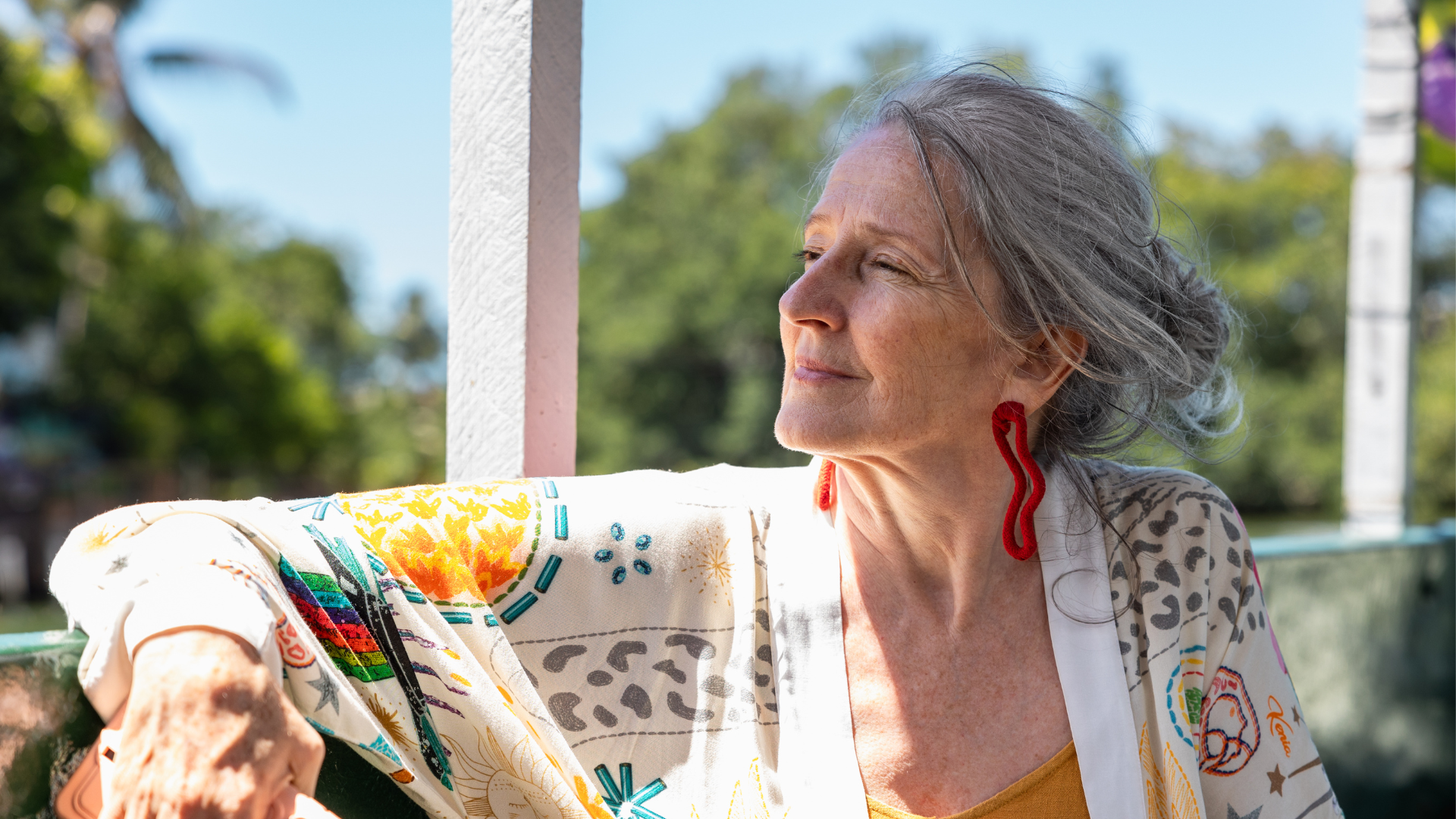Blog | 09/30/24
How to Support Caregivers Through the 4 Stages of Dementia Caregiving

How to Support Caregivers Through the 4 Stages of Dementia Caregiving
Dementia is a progressive, long-term disease. Just as someone with dementia will progress through its stages, their caregiver will also progress through the stages of caregiving. The experience of a caregiver who is just becoming aware of the diagnosis and one who has been caring for their loved one for a long time are vastly different. At each stage, caregivers need different types and levels of education, guidance and support.
Carallel’s Care Advocates are experts trained to meet caregivers where they are on their journey, uncover and assess their needs in each stage, and develop personalized plans to lessen their caregiver load. They offer specific content, evidence-based interventions, tools and advice based on which stage the caregiver is in.
The result is a program that grows with each caregiver’s journey and yields measurable impacts for the caregiver, the care recipient, and the health plan providing the program.
Stage 1: Awareness
This stage starts directly after a dementia diagnosis, in which caregivers are learning about what the diagnosis means for them and their loved one. They typically want to learn about the disease, how it may progress, and what to expect. They need to plan ahead for what is to come medically, emotionally and financially.
At this point, Carallel sets expectations based on disease progression, provides broad disease education, and coaches caregivers on questions to ask at doctor appointments. Carallel encourages them to learn and helps them document their loved one’s wishes if they’re capable of making them, because it becomes more difficult further into the disease.
“I’m determined to do all that I can to do this right and my attitude is, why not try?”
— Rochelle Haines, wife and caregiver to Barry, in early stage dementia
Caregivers in this stage report Carallel’s tools and support services helped reduce friction within the care team and improved access to preventative care services. Customers see increased member and patient satisfaction, increased caregiver resilience, improved health maintenance and increased home safety as a result.
Stage 2: Unfolding Responsibility
Dementia symptoms may be worsening in this stage, and caregiver duties will increase. Patients are likely to be repetitive and increasingly insular, which ramps up the stressors for the caregiver.
Carallel gives caregivers language to be effective healthcare advocates and report on changes in health to the medical team, educates them on and connects them to local resources, arranges for respite and professional help who could come into the home, and provides home safety education and tools — even helping arrange for home modifications.
These actions decrease fall risk, improve early detection of medical concerns, decrease the physical strain on the caregiver, and increase the use of sponsored benefits and community resources. Customers will see increased member satisfaction and caregiver resilience as well as reduced readmissions and ER visits.
Stage 3: Increasing Care Demands
In this stage, what was once theoretical is a daily challenge. Dementia caregiving often means dealing with increasingly combative and often inappropriate behaviors, and wandering becomes more common. Caregivers are more likely to need resources like palliative care, financial assistance and in-home help in this stage.
Carallel intervenes with evidence-based strategies to manage dementia behaviors, and starts discussions about things like palliative care, arranging respite care and learning about incontinence and home safety strategies. Carallel also helps caregivers develop stress management skills and learn symptom management for the care recipient.
For the healthcare organization, that increases caregiver resilience and satisfaction as well as better adherence to the care plan and a lower rate of ED visits. It also means a maintained ability to care for the patient in their home.
Stage 4: End of Life
The end-of-life stage is fraught with emotion and logistics. Carallel helps caregivers know what to expect, explore anticipatory grief and available support, discuss legal topics like how to understand and follow an advance care plan, and talk about what happens after death. This makes it easier for caregivers to manage a crisis event, manage and move through their grief, and receive financial assistance for burial, if eligible.
Regardless of stage, Carallel will be with caregivers every step of the journey. Contact us today to learn how to partner to improve caregiver and member/patient experience.
More on Dementia Caregiving
The ‘Invisible Second Patient’: Understanding the Role of Dementia Caregivers
Caregiver Diaries: Spousal Caregiving and Dementia
The latest from Carallel

Caregiver Journey Webinar
A Caregiver Conversation by Carallel: Helping Children Adjust When a Loved One Moves In
We dive into the practical realities of moving the person you're caring for into your home - and offer simple tips for helping children adjust....

Blog
The ‘Invisible Second Patient’: Understanding the Role of Dementia Caregivers
There are 16 million Americans caring for a loved one with Alzheimer’s disease or a related dementia today. Despite the group’s sheer size, they...
